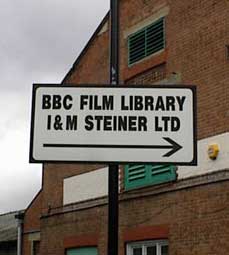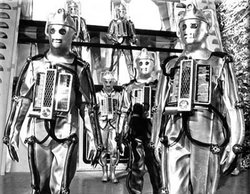Postcard from Macau #4: Hong Kong's missing TV archive
I recently spent three weeks visiting Macau, the former Portuguese territory on the south coast of China. As a former colony like Hong Kong, it is now a 'Special Administrative Region'. This post is one of a series looking at aspects of information design, user experience, internet use and journalism that interested me when I was there.
In the first of my posts about my recent trip to Macau, I mentioned the Sunday Morning Post. This is an English language newspaper for neighbouring Hong Kong that we got on Taipa Island. Whilst I was there, a controversy about TV programme archiving developed.
On March 2nd, Hong Kong held a memorial service for TV star Lydia Shum Tin-Ha.


She was an icon of Hong Kong television history.

As part of the television coverage of the event, it had been proposed to re-show some of her earliest appearances on Hong Kong television, which date from the 1960s. However, it transpired that the tapes were missing.
An offical at TVB, the channel in question, said:
"Unlike now, the technology was not so advanced, which made preserving old footage difficult. In the past the concept of conservation and preservation of footage wasn't so strong. Some of the footage was erased, but some selected footage was kept. We now have a more comprehensive policy for preserving footage. We have 340,000 tapes in our archive. No one knew how this footage disappeared. But storage was a problem in the past because, back in those days, the large beta tapes took up a lot of space"
It seems that, as with the BBC, there was a deliberate policy of erasing and destroying material during the 1970s and early 1980s. The situation at the BBC is better now, as I found when I visited the Windmill Road archive in 2005.

To this day, the BBC still doesn't retain everything. I'd hate to be the person picking and choosing what to keep or not. Some things are obvious - royal weddings, state funerals and landmark dramas. However, woe betide the person who junks an episode of The Weakest Link which turns out to feature a future notorious serial killer.
One irony of the story is that Hong Kong has been a good source of recovered Doctor Who episodes - in fact the only reason the Patrick Troughton classic 'Tomb Of The Cybermen' exists is because of careful archiving in the then British colony.

It always seems a shame that television programmes have been lost from the archives. As actor Chung King-fai described the Hong Kong situation:
"I heard that some footage was erased because there was a problem with storage space. But whether it was the reason behind the loss I don't know. I didn't keep any footage myself because there were no video recorders in those days. It's such a shame because that footage had historical value. It was a record of the TV industry, documenting how programmes were filmed in those days".
Clive James wrote about the wiping of archive tapes, taking a generous view of those who reused video stock and condemned so much television to oblivion. His view was that it was merely replicating the human memory, where some things stick in the mind and some moments are always lost. A poetic view I suspect BBC Worldwide might find hard to agree with when it contemplates the lost sales of vanished Who episodes, but he had a point.
Now with CCTV and cameraphones and YouTube, increasingly everything is being preserved one way or another. James suggested that trying to preserve everything would be the route of madness and he may yet be proven right.